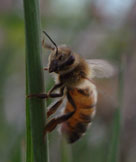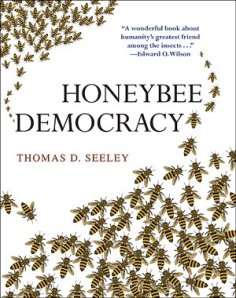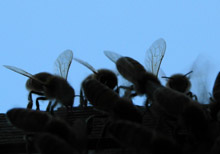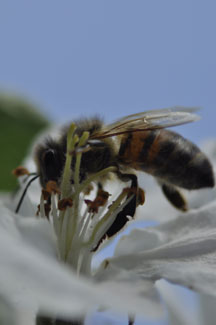The Bee Guardians from BackYardHive.com present at
Boulder’s local food restaurant, Shine Restaurant & Gathering Place!
Come join us and learn what is really going on with the state of the honeybee and how you can help be part of the solution! Eating organic food, understanding pesticide use on lawns and gardens, saving honeybee genetics by calling your local bee guardian if you see a swarm this spring… this is all a part of the solution. Come and learn more and meet some local bee guardians!
Corwin Bell from BackYardHive.com has been working naturally and holistically with honeybees for over 17 years. He has taught numerous classes and given presentations all over the world. One focus for Corwin is to continually design non-traditional bee hives that nurture and respect the honeybee. These hives are non-invasive and encourage a symbiotic experience for the bee and the bee guardian. Check out his current designs.
Be Part of the Mission
Our mission at BackYardHive.com is to educate people about the importance of improving bee ecology and using beekeeping methods that respect the honeybee. Our hope is that by introducing new hobby beekeepers to the rewards of beekeeping that there will eventually be backyard beekeepers worldwide that will help bring back the feral bee population and improve the genetic diversity of the honeybees. This diversity is critically important to the survival of this most precious natural resource. Come join over 600 bee guardians from the front range and Colorado in this mission!
Where?
To make the connection with bees, pollination and local organic food we chose Boulder’s Shine Restaurant & Gathering Place. The perfect fit! They serve organic local food from local farms and their food is fantastically healthy! Come and enjoy some eats from their local food menu.
Shine Restaurant’s Menu
Date: Tuesday February 5, 2013
Time: 6-8pm
Location: 2027 13th Street, Boulder, CO 80302
Directions to Shine Restaurant & Gathering Place
Parking: Metered Street Parking or 11th & Spruce Parking Garage
Admission: $5 (Proceeds go to swarm dispatch 2013)
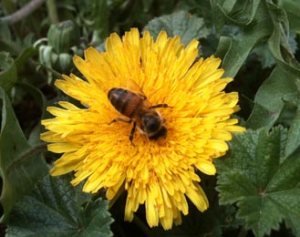
Learn more
Natural Bee Guardianship Classes at BackYardHive.com
See our video and mission at BackYardHive.com
Any questions, email karen (at) backyardhive.com
See you soon!
Buzzzzz!

